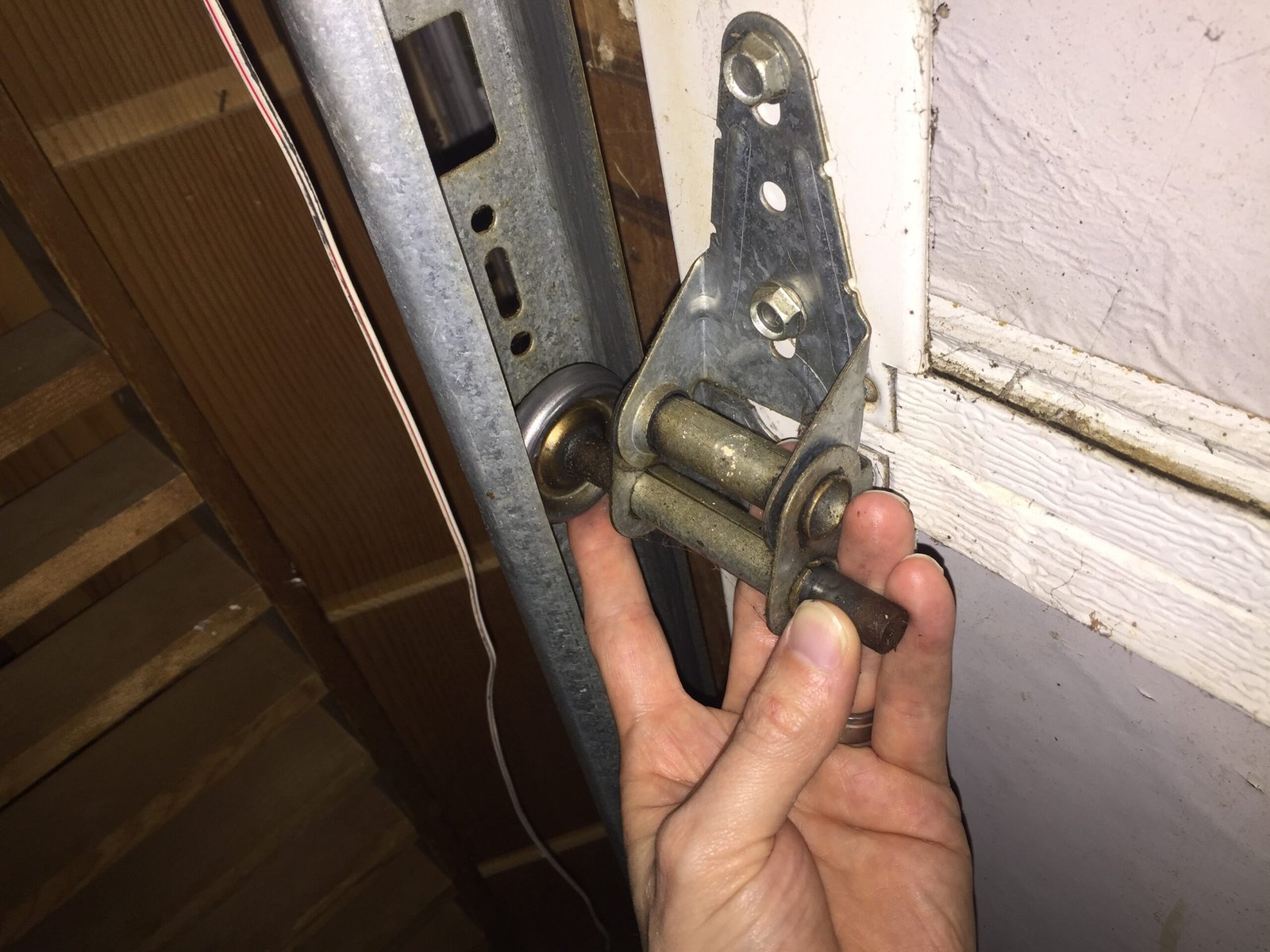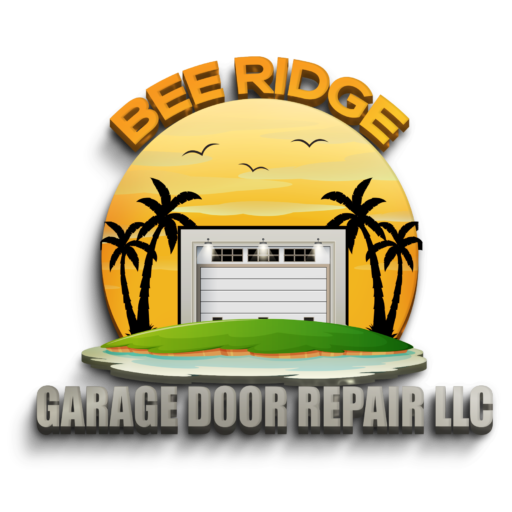Noisy Garage Door: Causes and Fixes
- COMMERCIAL GARAGE DOOR REPAIR
- GARAGE DOOR OPENER INSTALLATION
- GARAGE DOOR SPRING REPAIR
- SAME-DAY GARAGE DOOR REPAIR
- CUSTOM GARAGE DOOR
- GARAGE DOOR OPENER REPAIR
- GARAGE DOOR TRACK REPAIR
- GARAGE DOOR CABLE REPAIR
- GARAGE DOOR PANEL REPAIR
- LOCAL GARAGE DOOR REPAIR
- GARAGE DOOR REPLACEMENT
- NOISY GARAGE DOOR FIX
- GARAGE DOOR INSTALLATION
- GARAGE DOOR SECTION REPLACEMENT
- OVERHEAD GARAGE DOOR REPAIR
- GATE REPAIR

Why Is My Garage Door So Noisy? Common Causes and How to Fix Them
Garage doors are a daily convenience, providing security and easy access to your home. But when they start making a racket, it can quickly become a source of frustration. Understanding the common causes of a noisy garage door and knowing how to fix them can save you time, money, and countless headaches. Let’s explore the main culprits behind that clatter and how you can achieve a seamless, quiet operation with the right noisy garage door fix.
Common Causes of Noisy Garage Doors
1. Loose Hardware
Over time, the constant movement of your garage door can loosen nuts, bolts, and screws. This is one of the most common reasons for noise. When parts are not tightly secured, they rattle and shake, creating a symphony of unwanted sounds. Regularly inspecting and tightening these components can significantly reduce the noise and prolong the life of your garage door.
2. Worn Rollers
Rollers guide your garage door along the tracks, and when they wear out, they can create a lot of noise. Older metal rollers tend to be louder than newer nylon ones. If you notice grinding noises, it’s a strong indication that your rollers are due for a replacement. Switching to nylon rollers is a great way to ensure a quieter operation while reducing the frequency of maintenance.
3. Lack of Maintenance
Garage doors require regular maintenance to function smoothly. Lack of lubrication can cause various parts to grind against each other, resulting in screeches and squeaks. Make sure you lubricate all moving parts, such as rollers, hinges, and tracks, at least twice a year. Using a silicone-based lubricant can help minimize friction and keep your door operating quietly.
How to Fix a Noisy Garage Door
Now that we’ve identified some common causes, let’s talk about how to perform a noisy garage door fix:
- Tighten Hardware: Use a socket wrench to tighten any loose bolts, nuts, or screws on your door and tracks.
- Replace Rollers: Consider upgrading to nylon rollers if your current ones are worn out or excessively noisy. This can be done yourself with basic tools, but if you’re unsure, it’s best to call a professional.
- Lubricate Moving Parts: Apply a generous amount of silicone-based lubricant to the rollers, hinges, and tracks to ensure smooth and quiet movement.
Incorporating these simple fixes into your routine maintenance can keep your garage door running smoothly and quietly for years to come.
For larger issues or if you’re not comfortable performing these fixes yourself, don’t hesitate to reach out to a professional service. At Bee Ridge Garage Door Repair, we’re committed to providing top-notch service to help you enjoy a silent and efficient garage door operation. Whether it’s a simple fix or a major overhaul, our team is ready to assist. Contact us today for all your garage door needs!
